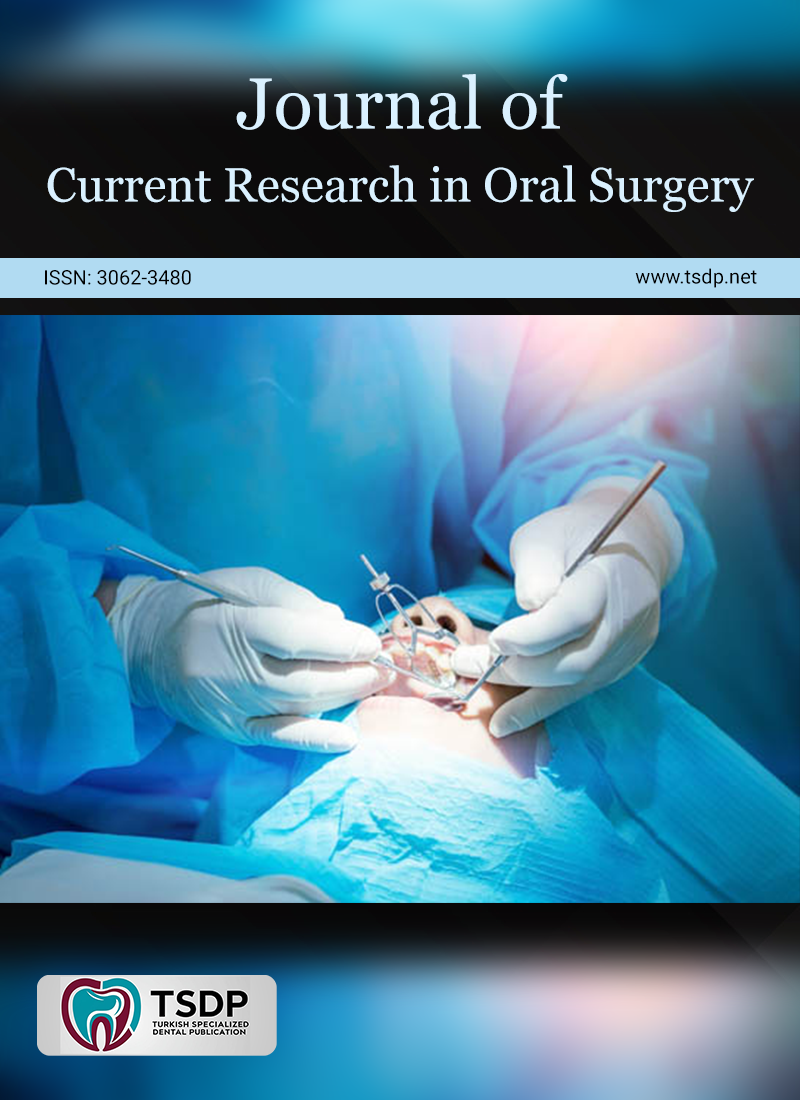
Understanding bone biology is crucial to ensure the success and longevity of dental implants. This study aimed to evaluate the use of bone turnover markers (BTMs) as a diagnostic method to assess bone quality in patients undergoing dental implant surgery before treatment. This single-center, case-control, cross-sectional study conducted at a private institution in Chennai included patients with a single edentulous space lasting for at least 6 months. Saliva samples were collected alongside routine blood tests before implant surgery to measure BTM levels using enzyme-linked immunosorbent assay (ELISA). Data analysis was performed using an independent t-test in SPSS software. The study found that bone turnover markers such as BALP, Osteocalcin, CTX-1, and NTX-1 were elevated in osteoporotic patients (P < 0.05), suggesting a higher likelihood of dental implant failure. Evaluation of bone turnover markers in saliva provides an effective approach to determining bone quality for dental implant placement, supporting treatment planning. The variation in BTM levels offers a promising biological indicator for assessing jawbone health, complementing radiological assessments for implant placement.